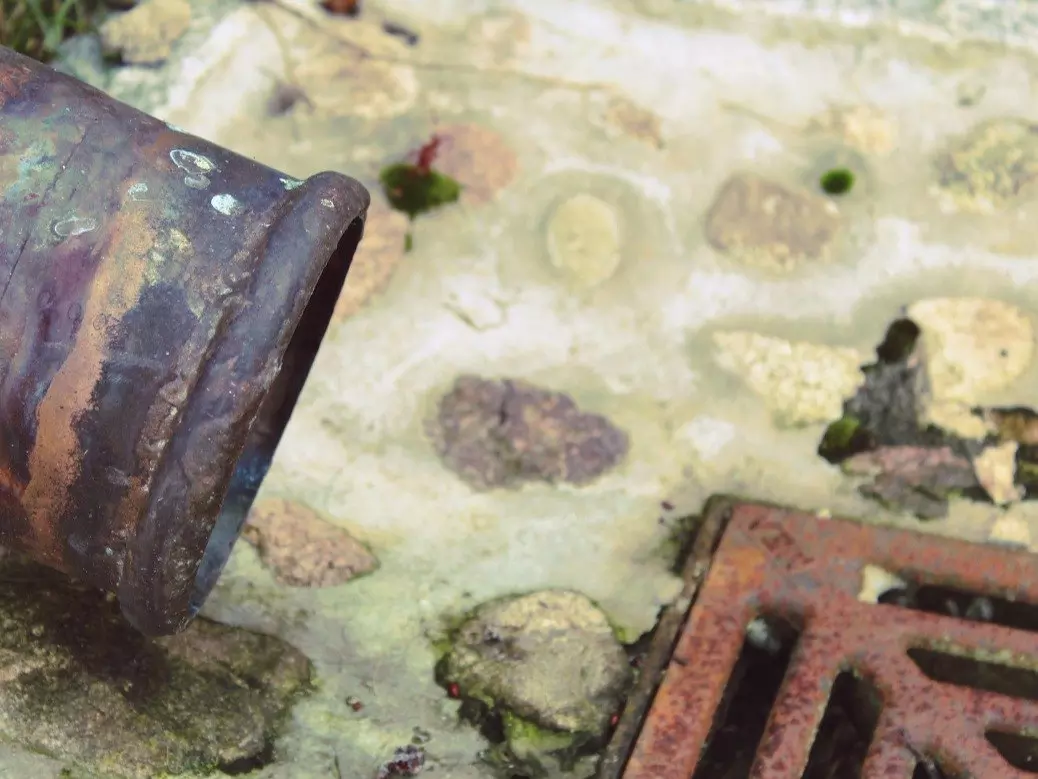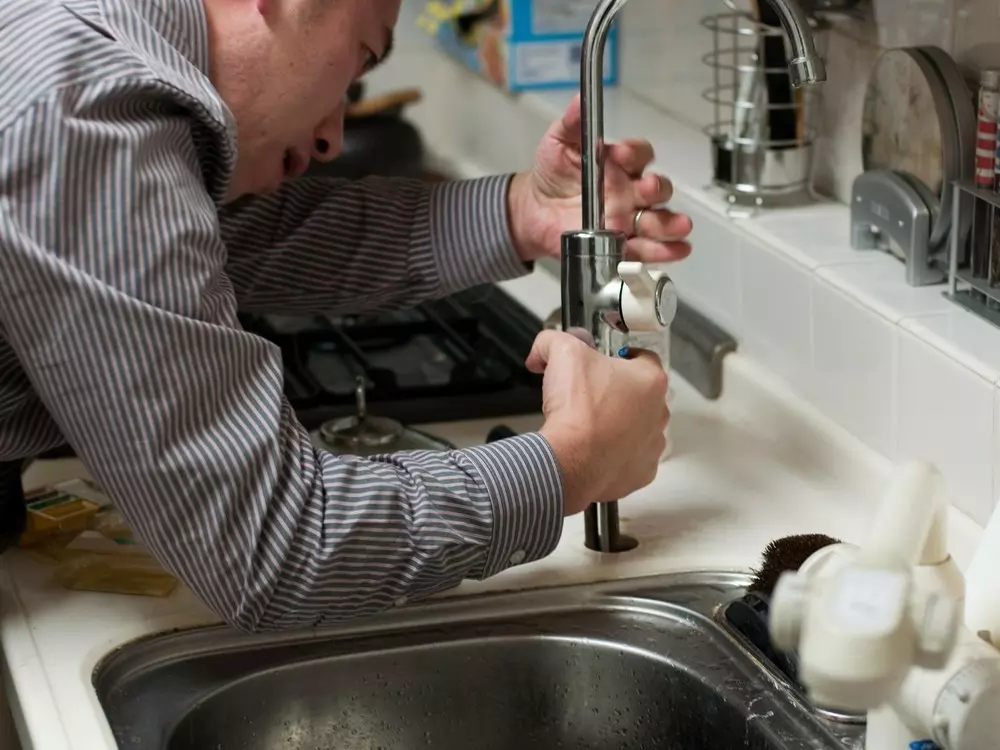How do I stop drains blocking? This article looks at the ways that our drains become blocked. Learn what to do to prevent your drains from blocking.
How to Prevent Drain Blockages
To avoid future clogged drains, be mindful of what you put in your drainage system, as it all ends up in outdoor drains surrounding your house. Sinks, toilets, showers, and bathtubs are available. Keep your outside surroundings as clean and orderly as possible to reduce the amount of rubbish that becomes trapped in your outside drain. If you don't already have them, outdoor drain covers will keep dirt and leaves from getting into your external drain and clogging it.
What Are The Benefits Of CCTV Drainage Surveys?
Signs of a Blocked Drain
It may take some time for a blockage to form and become fully visible, but once a problem has begun to take its toll, it will be obvious very quickly. By becoming familiar with the signs and symptoms of a blocked drain, you will be able to act quickly and resolve the issue as soon as possible.
The Sights

You have a blocked drain if your toilet, shower, bath, or sink drains slowly or not, depending on how bad the obstruction is. If turning on the tap or flushing the toilet results in water rising in the shower or toilet, the issue is most likely a blocked drain.
Don't forget to check your property's external drains and manhole covers for signs of rising water. However, be sure to do so only from the outside, as entering manholes is extremely dangerous due to the possibility of hazardous gases and bacteria. This also applies if water-based appliances make the water appear elsewhere when used.
The Smells
A foul odour, which is a dead giveaway for a blockage, is one of the most visible indications of an underlying problem. You will surely notice anything that has plugged the drain and begun to decay. Since the bad smell may arise before any visual symptoms manifest, it's crucial to pay attention to any strange odours in the house that are challenging to recognise.
The Sounds
Last but not least, if the sound of your pipes and fixtures is different than normal, there may be a blockage. Early warning indicators include gurgling sounds coming from drains, plug holes, toilet flushes, and pipes; these sounds are made when air that has been held in the pipes by the obstruction is released and forced up through the system.
Why is your Outdoor Kitchen Drain Blocked?
When individuals throw things down their sinks that shouldn't be there, blocked drains are most frequently the result. The major culprits in kitchen sinks are coffee grounds, oil, grease, and solid meals; bathroom drains regularly get clogged by hair and soap scum.
Sanitary goods, excessive toilet paper, and wipes should not be flushed down toilets because they can also clog your drain pipes. By just adhering to appropriate housekeeping guidelines, such obstructions can be readily avoided.
All of these objects may be obstructing your drain since they all lead to the same spot. Simply put, these things are becoming entangled in the outside drain rather than the inside; natural debris from the outside may also block your external drain.
How to Unblock an Outside Drain:
Assess the Problem
Using any available technique, gain access to your exterior drainage - this usually entails removing the drain cover. Although it is uncommon, a screwdriver can be needed for this. Examine the issue once you have access.
Obtain the Appropriate Tools for the Job

A few things are required to clear an outdoor drain blockage. A drain rod is the most important tool. These items are typically long, thin, and flexible, with steel joints.
They allow you to push through the obstruction in your drain and reach deep into the external systems. Don't try to unclog an outside drain without one; they're cheap and easy to find.
Since you'll be digging around inside the drain, you'll also need gloves and protective clothing. If the blockage is near the surface, we recommend wearing waterproof clothing, such as gloves and long sleeves, as well as eye and mouth protection.
Splatter can contain dangerous sewage bacteria, which should be avoided because it can cause illness or infection. A bucket and a garden hose, preferably a pressure hose if you have one, are also required.
Remove Any Blockages You Can Reach
If your arm fits securely in the drain, you have the best chance of shifting the matter that is clogging your drains and making it easier to use your drainage rods for simple debris removal. Grab your bucket, place it near the drain, and start digging. Remove as much blockage material as possible; the more you remove, the easier the next steps will be.
Clear the Blockage
Attempt to flush out the blockage with your drainage rods. The narrow metal should slide through the sludge, though some pressure may be required.
Move the rods around to break up as much of the obstruction as possible. It could take some time, especially if the buildup is significant or difficult to remove. If you can see the obstruction, keep plunging until the drainage rods are simple to move; at that point, the obstruction will start to drain and dissipate.
Drainage rods must be twisted in a clockwise direction when in use - your drain rod joints can detach if you rotate counterclockwise due to the stiff obstructions.
Clean up the Extra Debris
Once the blockage has been removed, and water is flowing freely through your outside drain, it's worth taking the time to ensure that the problem does not reoccur.
Clear away any excess debris that has accumulated around the drain with a hose, preferably a pressure hose. The pressure from your hosepipe should dislodge any remaining blockage elements that you've loosened with your hands or drainage rod.
Call in the Professionals

Outside drainage issues are typically more complex than the typical sink blockage. While they are manageable with do-it-yourself techniques, they are not always effective. If they don't work, we advise you to avoid trying more extreme techniques.
External drainage damage may occur, and you may exacerbate the problem. When you can't get past a stubborn blockage, call drainage experts - a professional touch is often all that is required to restore your plumbing to normalcy.
Quick Fixes To Unblock A Drain:
Baking Soda and Vinegar
Baking soda and vinegar are both effective drain cleaners. You only need to combine 1/3 cup of the cleaners and pour it down a clogged outside drain. Allow at least 2 hours for the concoction to sit for the best results.
Boiling Water
Boiling water is an excellent way to unclog a drain. Water flowing through drainage systems will flush out any grease or obstructions that have accumulated in the downpipe; this method is the quickest and easiest way to unclog a drain and discover any underlying issues.
Clean the Pipe
Cleaning your pipe is a simple yet effective way to unclog a drain. You only need to place a clogged washbasin beneath the sink's U-shaped pipe. Remove the pipe after loosening the slip nuts with a wrench and empty the contents into the basin beneath; then rinse the pipe with clean, warm water and reconnect it. If you believe you cannot complete the task on your own, you must contact a plumbing expert in your area.
Salt and Baking Soda
You can unclog a drain without using rods by using salt and baking soda. Half a cup of baking soda and salt should be poured down the drain. If your toilet continues to clog, it could indicate a major wastewater pipe blockage. Thus, using salt and baking soda is an excellent remedy for assisting you in unblocking the most noxious or stubborn blockages.
Use a Plunger
A plunger is a home remedy for a blocked outside drain that you can always try before calling a professional plumber. It takes courage, strength, and perseverance to learn how to use a plunger to clear a blockage in water pipes. It may take a few attempts and efforts before you can successfully unblock the drain; this is especially important if you have a clogged soil pipe underground.
Chemical Cleaners
Chemical cleaners are also effective at removing clogs from water pipes. Most supermarkets sell cleaners which are simple to use. You should determine the source of your plumbing blockage and pour a sufficient amount of the cleaners down your drain, then allow the cleaners to sit and work on the drain for the night. To completely unblock and clean a clogged drain pipe, pour boiling water down it.
If you need help with blocked drains in Redcar, Darlington, Hartlepool, East Cleveland get in touch today. Call 01325 609028 for emergency drain unblocking near you.

20220802111145.jpg)
